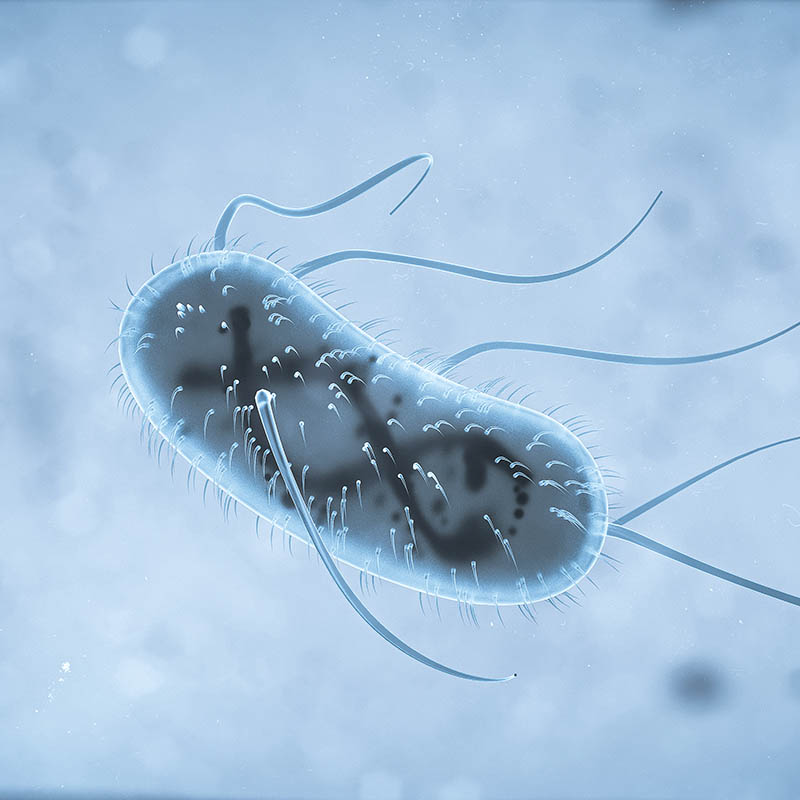
By: Meghana W.
Year: 2023
School: Deerfield Elementary
Grade: 6
Science Teacher: Aimee Rosser
In today’s world, E. Coli outbreaks have become increasingly common, claiming countless lives. While lab-made antibiotics against E. Coli do exist, they often remain inaccessible to underserved and rural populations due to cost and limited facilities. Additionally, the bacterium has developed increased resistance to antibiotics, emphasizing the need for new and effective cures. In light of these challenges, Meghana embarked on a scientific journey to identify a natural alternative for combating E. Coli infections, specifically focusing on their potential in treating urinary tract infections (UTIs) when antibiotics may not be a viable option.
Meghana’s project aimed to discover natural solutions for E. Coli infections by testing the effectiveness of leaf extracts from Piper betel (Betel) and Azadirachta indica (Neem). Her experimental procedure involved drying, grinding, sifting, and soaking the leaves in ethanol, followed by evaporating the ethanol over a double boiler to create concentrated extracts. She sourced pre-cultured E. Coli bacteria from a reputable online company and conducted a disk diffusion assay using these extracts.
Experimental Procedure
- Leaf Extraction: Meghana carefully processed both Piper betel and Azadirachta indica leaves to create extracts suitable for testing. The use of ethanol as a solvent ensured that the active compounds in the leaves would be dissolved effectively.
- Bacterial Culture: Pre-cultured E. Coli bacteria were ordered from a reliable online source to ensure consistency in the experiment.
- Disk Diffusion Assay: The leaf extracts were tested against E. Coli through a disk diffusion assay. This involved placing paper disks soaked in the leaf extracts onto tryptic soy agar (TSA) plates inoculated with E. Coli. The plates were then incubated at 37°C.
- Observation and Measurement: The experiment was monitored at 24, 48, and 72-hour intervals, during which the Zone of Inhibition (ZOI) was measured. The ZOI represents the area around the paper disk where bacterial growth is inhibited.
Meghana meticulously recorded her observations and measured the ZOI at each interval. She discovered that both leaf extracts exhibited inhibitory effects on E. Coli, but the Neem leaf extract proved to be 32.3% more effective on average compared to the Betel leaf extract.
Contrary to her initial hypothesis, Meghana’s results indicated that the Neem leaf extract was more effective in inhibiting the growth of E. Coli. This surprising outcome can be attributed to the specific phytochemicals found in Neem leaves, which appeared to be more potent against the bacteria compared to those in Betel leaves.
